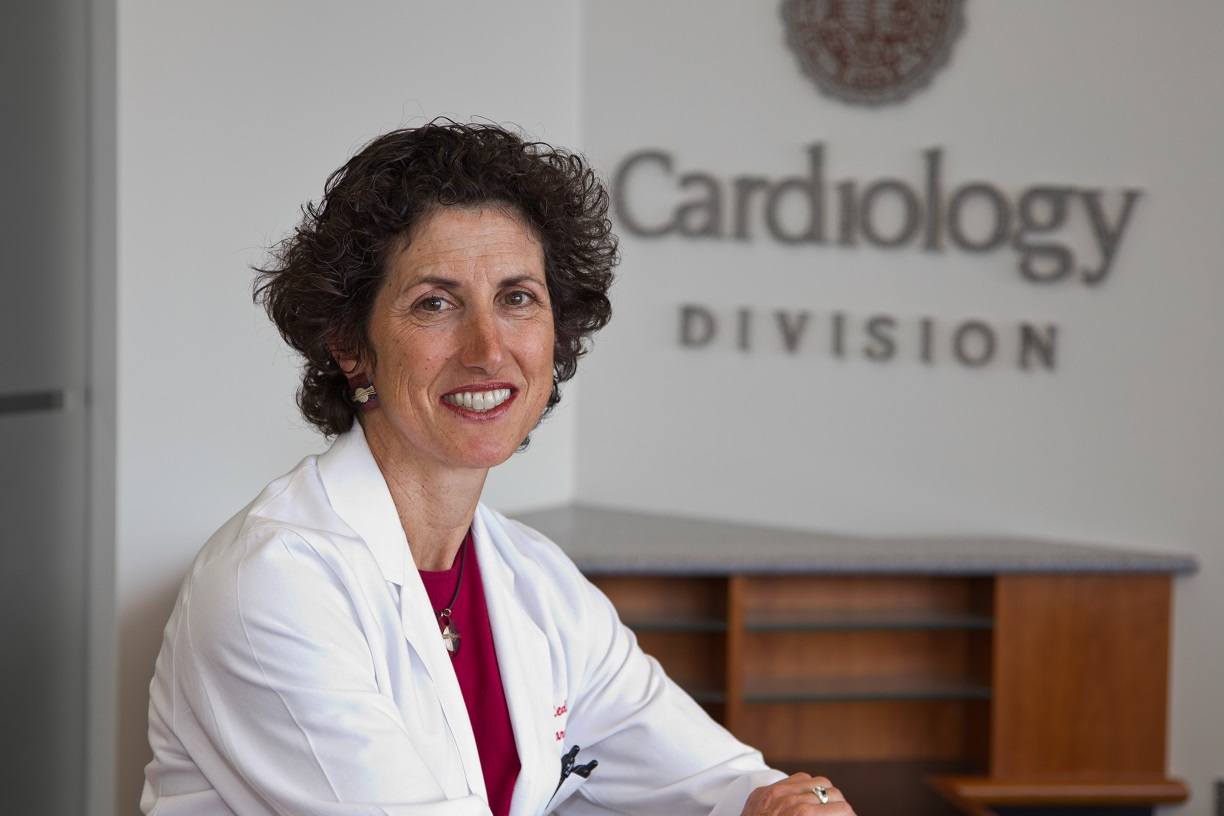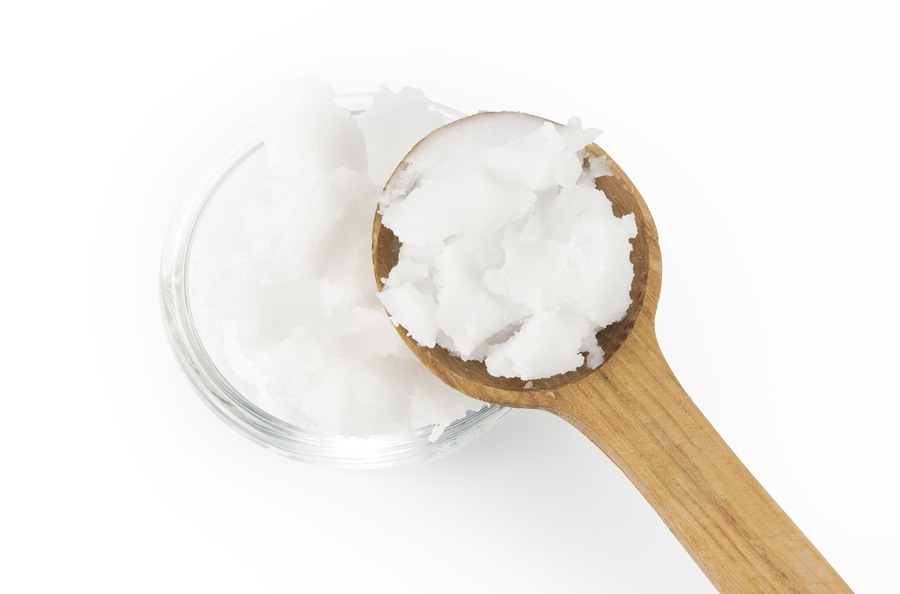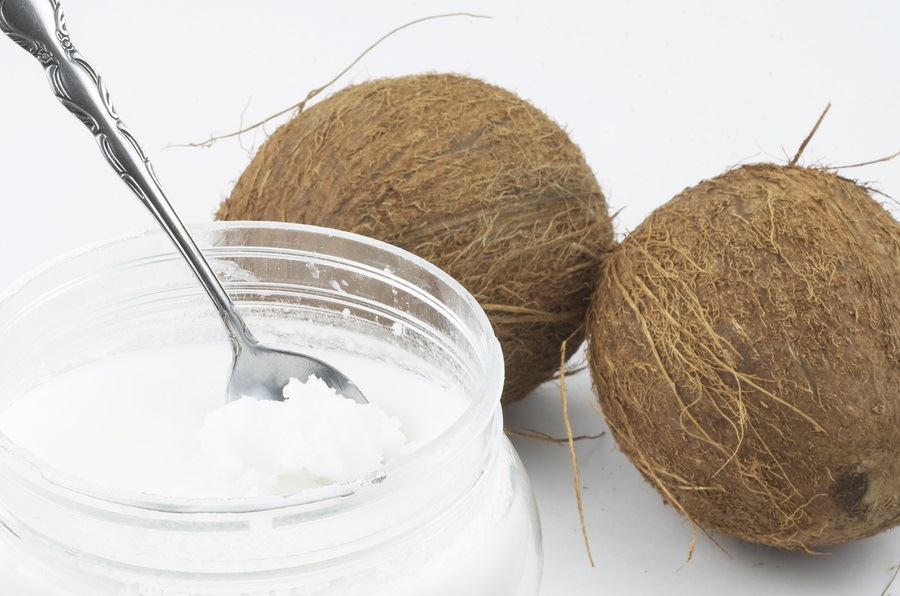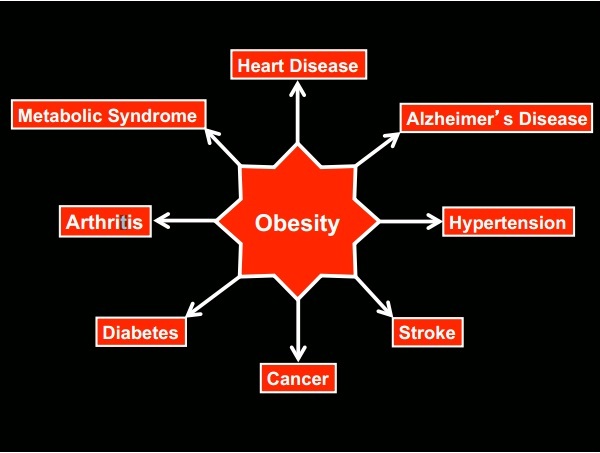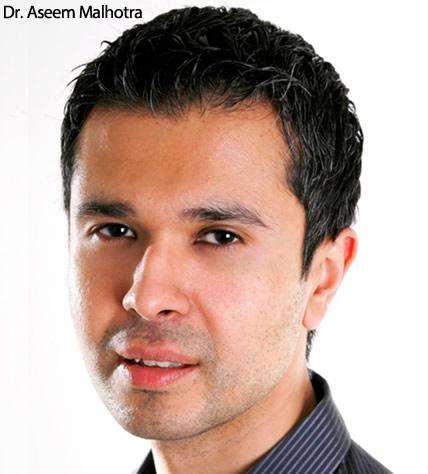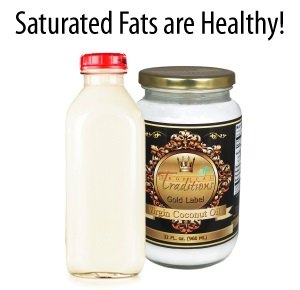Cardiologist: Millions of People Taking Statin Drugs Will Continue to Have Far Greater Chance of Harm than Benefit
Two recent articles published in the UK mainstream hard copy and online newspaper Express revealed there’s something wrong with cholesterol-lowering statin drug prescription policies, quoting several doctors who claim statins cause more harm than benefit. Dr. Rita Redberg, a cardiologist professor at the San Francisco Medical Center, states: “Unfortunately, until all data is available and discussed with patients, millions of people taking these [statin] drugs will continue to have far greater chance of harm than benefit.” Dr. Rita Redberg's name might be familiar to our readers, because she appeared in an Australian two-part TV news documentary that has often been featured in several Health Impact News articles. Both parts were connected thematically and produced by Dr. Maryanne Demasi, Ph.D. And it was Dr. Demasi’s British Medical Journal (BMJ) article and study review that the Express article was reporting rather favorably with quotes from other doctors supporting her findings. The article’s focus was on the controversy it had ignited regarding the widespread use of cholesterol-lowering statin drugs.




